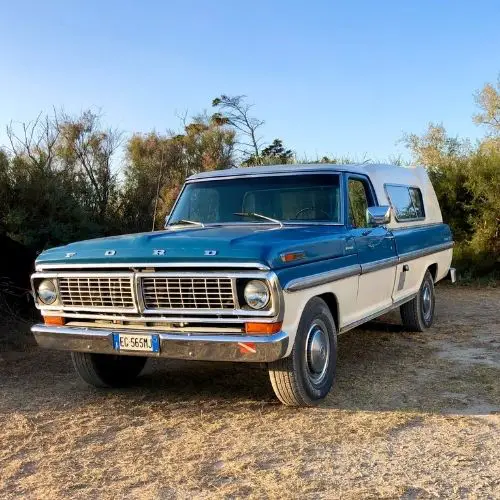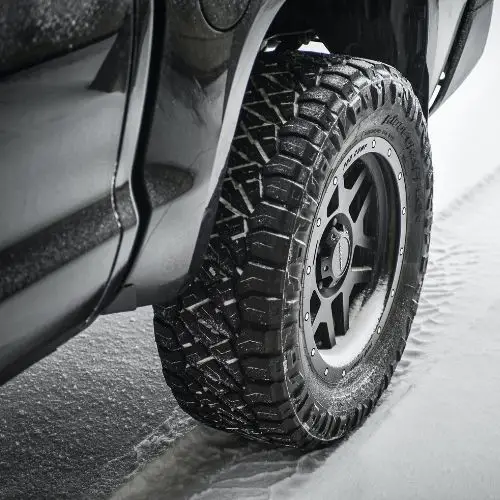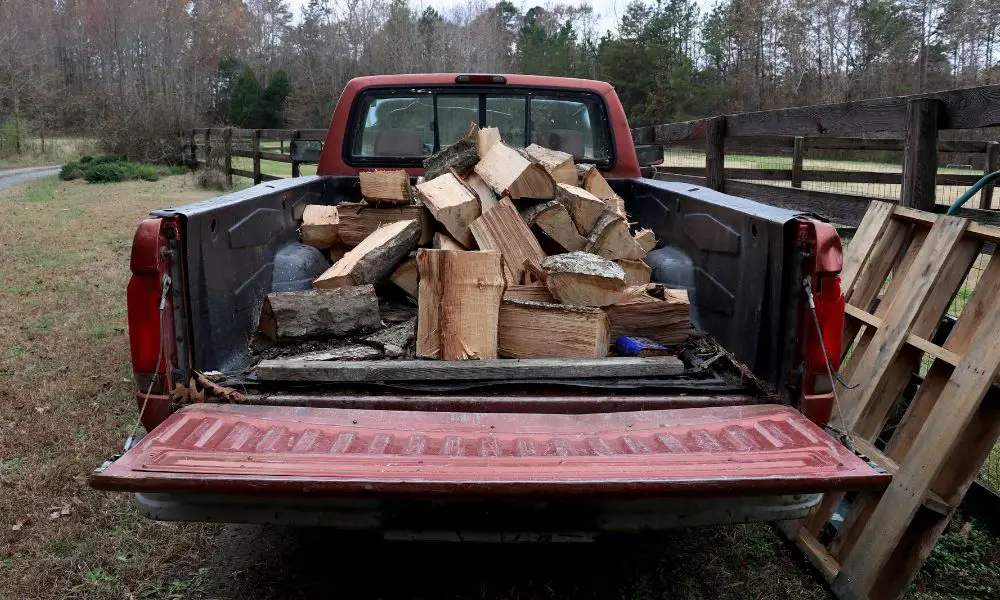We may get commissions for purchases made through links in this post. Thanks for the support! 👍
“Good gas mileage for a truck” is a fairly subjective term. While it can be measured to the 10th decimal point, that measurement doesn’t mean much unless you know what vehicle you’re using to get those numbers. Naturally, an economy car like a Smart Car will always beat out one of the big vehicles such as a pickup truck or SUV when it comes to getting good gas mileage; however, if your truck is having trouble passing smog checks due to poor emissions controls and you’re looking for ways to improve it, there are some things you can do.

1. Check Your Catalytic Converter
Perhaps the easiest thing that someone can check on their vehicle in order to help reduce how much gasoline they use is checking their catalytic converter. If you need a new one, there is nothing better than a quality replacement that will get the job done as economically and efficiently as possible.
2. Replace Your Old Parts
A lot of older truck owners tend to keep their vehicle driving long after it has lost its effect on fuel economy; often, this can be due to them not wanting to spend the money they think it would take to buy newer parts for their old truck.
3. Be Careful About Engine Mods
While there are certainly some engine modifications out there that will increase your gas mileage (such as air intakes), this only helps if you have an engine that is already built well enough to begin with. If you try installing them on an engine that is already lacking, they might hurt your gas mileage rather than help it.
4. Check Your Belts And Hoses
Whether you’re driving a small car or a large truck, checking the belts and hoses is vital to keeping up with maintenance. There are few things in life as frustrating as getting stuck somewhere because of belts and hoses failing mid-journey.
5. Reduce Your Vehicle’s Weight
This is more of an advanced technique, but it can certainly help get better gas mileage from your pickup truck or SUV. Shaving off the weight of your vehicle by using lighter materials for its parts and pieces can greatly help reduce consumption. The same applies to people looking to save on gas while driving their economy car; removing unnecessary items from the interior will help keep things light.

6. Check Your Tire Pressure And Tread Depth
Checking tire pressure and tread depth isn’t just vital for keeping you safe while driving; they also affect how much fuel your vehicle consumes as well. If your tires are under-inflated, they will always burn more fuel than if they were properly inflated.
7. Be Careful About Your Driving Habits
While good driving habits won’t necessarily boost your gas mileage to massive levels, they can help you conserve a little bit of gas. A lot of people overwork their brakes all the time; instead, try coasting downhills as much as possible so that your vehicle uses its engine less often.
- Nitrogen in tires: Do those green caps mean better gas mileage?
- Truck Toppers vs Gas Mileage: Does one help the other?
- How do I Fill Up My Tires? A Step-by-Step Guide
8. Replace Your Air Filter
As previously mentioned in number two, replacing old parts with new ones is vital for getting better gas mileage. This also applies to air filters; even though there is no damage done by keeping an old one installed on your vehicle, it will always burn slightly more fuel than if you were using a new replacement.
9. Do Your Research
Perhaps the most important technique in this list is to do your research. If there are certain gas-saving modifiers you can buy for your vehicle, read about them; don’t just go out and purchase them right away. First, learn all of their pros and cons; then, when you’re ready, go ahead and make the purchase.
10. Remove Any Extra Weight From Your Vehicle
As previously mentioned, removing excess weight from your vehicle can help save on gas mileage. This is especially true if it’s a smaller car versus a large truck; the only difference here is that things like passenger seats need not be removed.
Do Not Drive Too Fast
Driving too fast, especially if you own a larger pickup or SUV, can greatly increase the amount of fuel your vehicle consumes. While nobody likes sitting in traffic jams, and they are often unavoidable (especially on busy days), it would be better to take your time than to get frustrated by traffic and end up driving too fast.

![18 Ways You Can Make Your Truck More Modern [Best Truck Accessories]](https://amanandhisgear.com/wp-content/uploads/2021/03/Lightbar.jpg)
